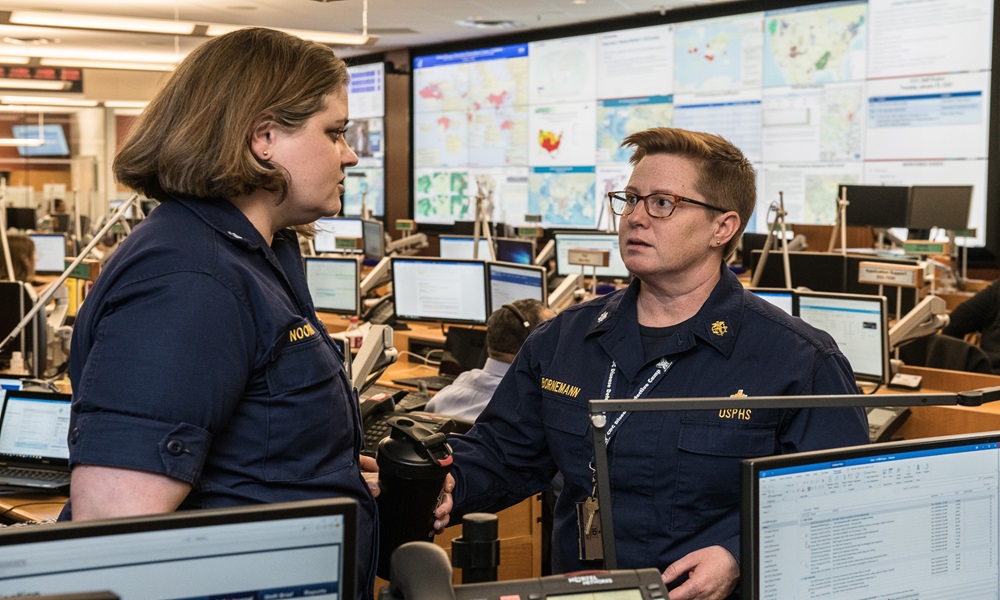Introduction
The world of work is undergoing a significant transformation. As remote and hybrid work models become more prevalent, the role of facilities management is evolving to accommodate these changes. In this article, we’ll explore the concept of remote facilities management and its increasing importance in the shifting landscape of work. Facilities management services play a crucial role in this transition, ensuring that facilities remain safe, functional, and efficient, whether they are traditional office spaces, remote work hubs, or a combination of both.
1. The Changing Landscape of Work
The rise of remote and hybrid work models is reshaping how organizations utilize their facilities.
2. The Role of Facilities Management Services
Facilities management services are adapting to support remote work environments.
3. Remote Work Hubs
The emergence of remote work hubs as an alternative to traditional offices.
4. Technology and Connectivity
Ensuring that remote workers have the necessary technology and connectivity for optimal productivity.
5. Security and Access Control
Managing remote access to facilities and maintaining security.
6. Health and Safety Compliance
Adapting facilities to comply with health and safety standards for remote work.
7. Maintenance and Repairs
Providing remote maintenance and repair services to keep facilities operational.
8. Sustainability in Remote Facilities
Promoting sustainability in remote work environments, reducing environmental impact.
9. Facilities Management Expertise
Facilities management services bring their expertise to support remote work environments:
Technology Integration:
Implementing technologies to support remote work and connectivity.
Health and Safety Compliance:
Ensuring that remote facilities meet safety standards.
Remote Maintenance:
Providing remote maintenance services to keep facilities functional.
10. Flexibility and Adaptability
Facilities management must be flexible and adaptable to accommodate the changing needs of remote work.
Conclusion: Navigating the Future of Work
Remote facilities management is becoming increasingly vital in a world where work can happen anywhere. The role of facilities management services in this transition is multifaceted, encompassing technology integration, security, compliance, sustainability, and flexibility. As organizations navigate the future of work, they rely on facilities management to create and maintain safe, functional, and efficient facilities that support remote and hybrid work models. By embracing this evolution, facilities management ensures that the physical work environment remains an asset, regardless of where work takes place.

